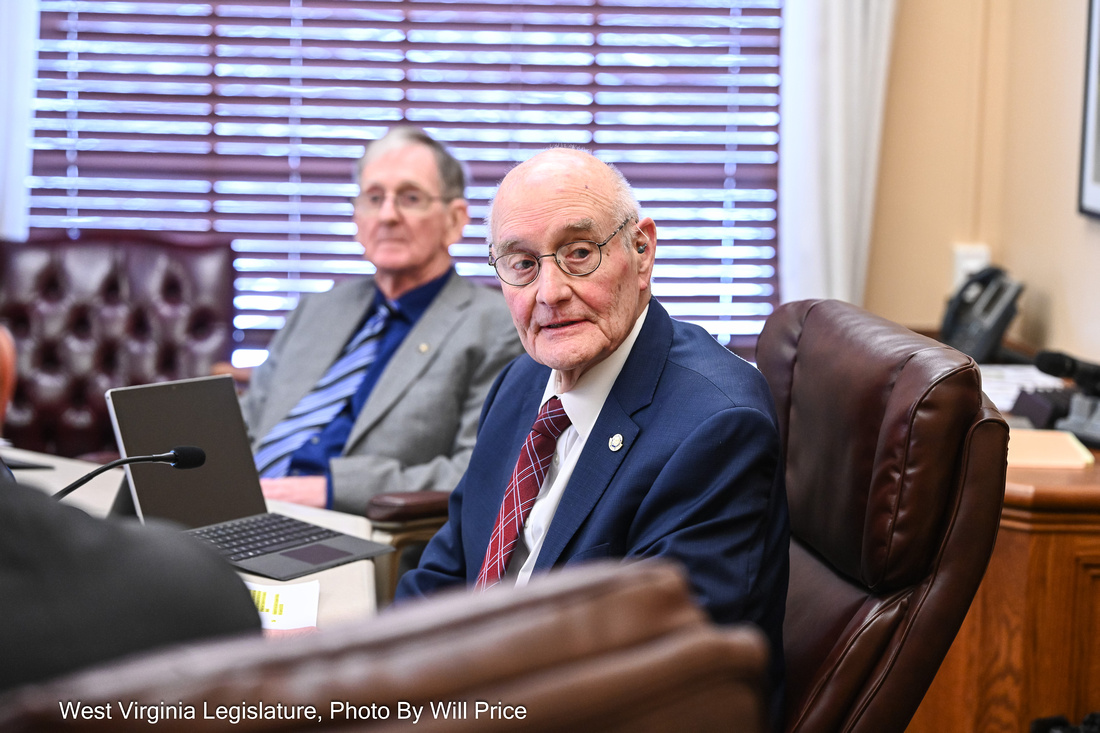Updated on Monday, Jan. 29, 2024 at 5:26 p.m.
A new bill advancing through the West Virginia Senate aims to ensure slow drivers steer clear of the left lane.
On Monday, the Senate Transportation and Infrastructure Committee advanced Senate Bill 441, which would penalize drivers for traveling at an unsafely slow speed in the leftmost lane of a four-lane interstate highway.
The bill would affect 25 different roadways in West Virginia, each of which would receive signage to notify drivers of the law. Committee Attorney Marey Casey said the bill was based on legislation in other states, including Arkansas.
Under the bill, driving too slowly in the left lane would be classified as a misdemeanor, and punishable by fines of $100 for first offense, or $200 for each subsequent offense within a year.
Unsafe driving is not defined in a numerical, miles-per-hour manner in the bill. Instead, it describes the offense as driving slowly enough “to impede or block the normal and reasonable movement of traffic.” Ultimately, law enforcement officials would determine whether an individual drives at a slow enough speed to commit the offense.
Still, the bill makes exceptions for some circumstances, like when drivers pass one another, navigate around highway construction, or seek to avoid dangerous road conditions.
The bill passed through the committee with no pushback, and will be referred back to the Senate for a first reading.
**Editor’s Note: A previous version of this story said the bill had been referred to the full Senate on third reading. This was incorrect. The bill has been sent to the Senate and is expected to be on first reading.
